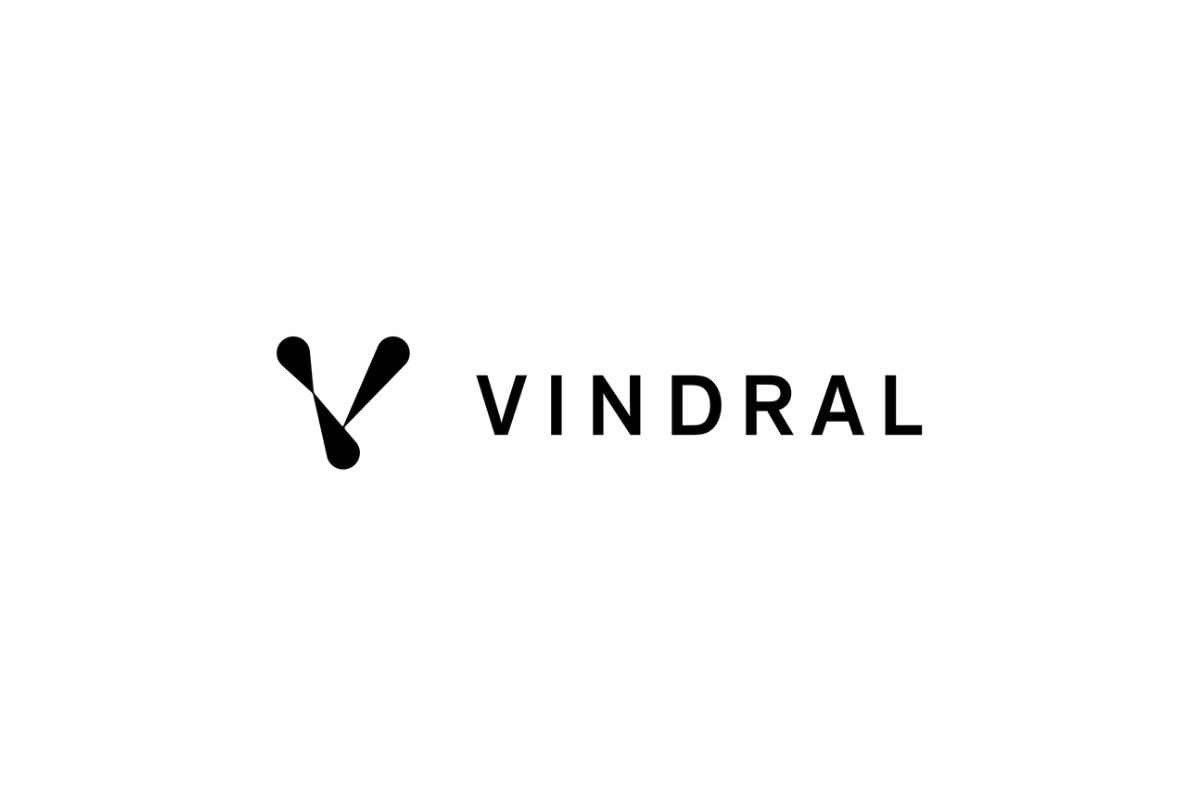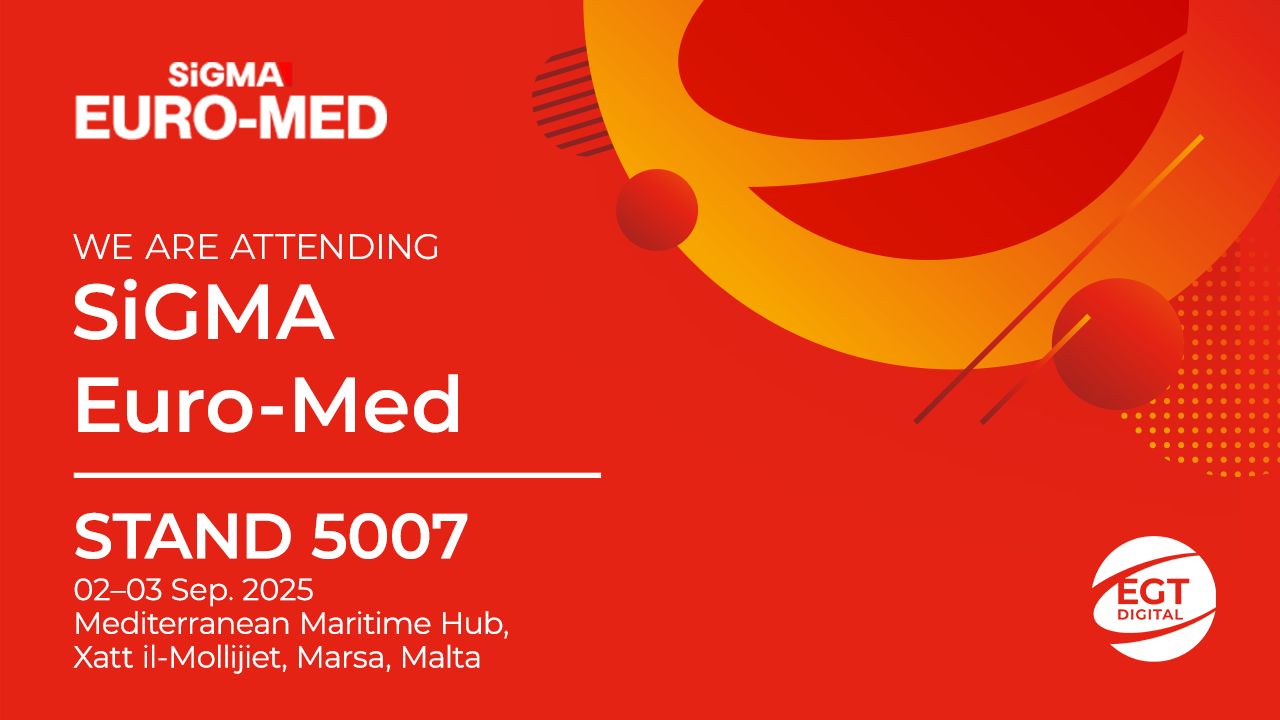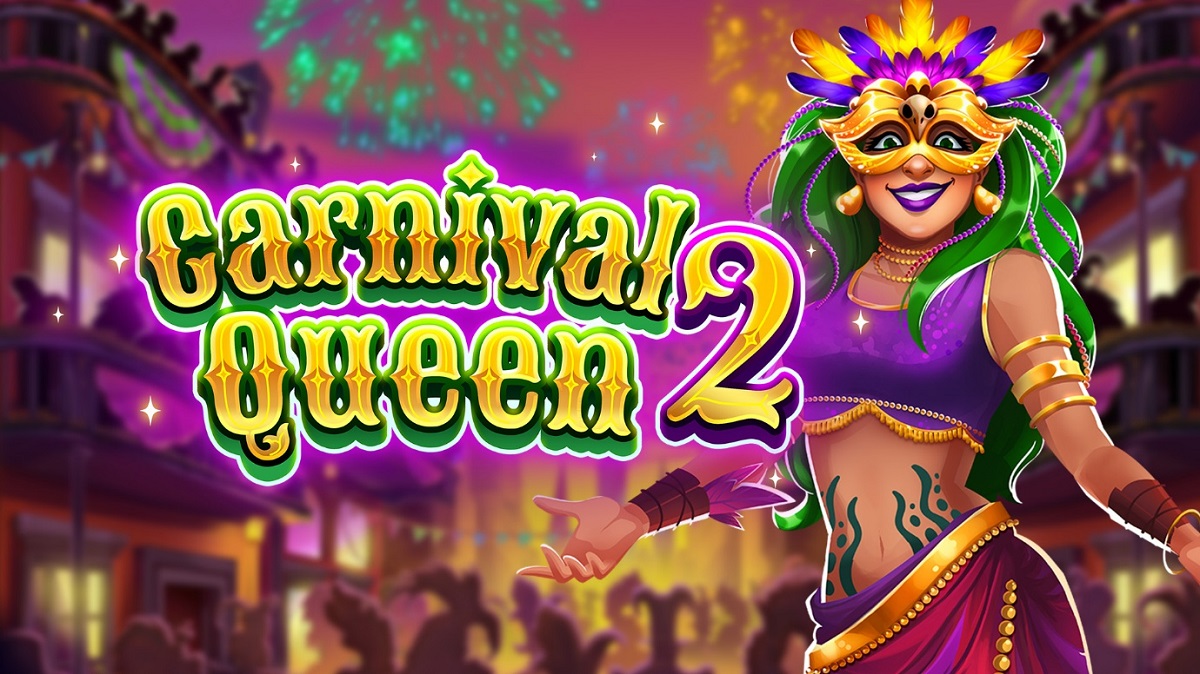Latest News
Ultimate Guide to Safe and Legal Betting | Gambling Laws in Ireland

Gambling Laws in Ireland Explained: All You Need to Know
Ireland is a small state with a rich culture. However, its culture isn’t the only reason for its fame. Its booming gambling industries currently rank it among the countries that gamble the most. So, if you’re a local enthusiast or a visitor looking to enjoy the best betting sites Ireland offers, understanding the legal landscape that directs these activities is essential. This blog will give you insight into all the complexities of Irish gambling laws!
Historical Context of Gambling in Ireland
Ireland’s gambling industry blossomed in the 18th century, with various forms of betting gradually rooted deeper in Irish culture. However, the sector accommodated the modern governing foundation in the 20th century.
The ordinances that governed gambling activities in their primary phases were the Betting Act of 1931 and the Gaming and Lotteries Act of 1956. The amendments made after were aimed at modernizing the organization.
The Betting Act 1931
The Betting Act 1931, Ireland’s first comprehensive law, ruled the turf accounting. It granted on-site turf accountants (aka bookies or bookmakers) and betting shops permission to operate legally with the Revenue Commissioners’ license only.
The Gaming and Lotteries Act 1956
The Gaming and Lotteries Act of 1956 dealt with unauthorized casino-style gambling activities.
Modern Amendments and Online Gambling
As technology advanced, gambling organizations also required up-to-date laws and administrations for smooth operation. The Betting (Amendment) Act 2015 made it a must for both physical and online betting sites in Ireland to obtain a license and pay taxes.
Betting (Amendment) Act 2015
In 2015, the management of online betting businesses was included to extend the scope of the Betting Act of 1931. Key amendments are:
- Licensing Requirements: Online betting dealers offering services to locals must obtain a license from the Irish Revenue Commissioners.
- Taxation: A 1% turnover tax on bets placed by Irish customers was introduced, with a 15% tax on betting exchange commissions.
The 2015 Act promoted fair play and consumer rights insurance in Ireland.
The Gaming and Lotteries (Amendment) Act 2019
The Gaming and Lotteries Act of 1956 assisted the financial progress of local miniature gaming and lottery businesses. However, the updated Gaming and Lotteries (Amendment) Act 2019 totally revolutionized it. Critical changes are:
- Increased Prize Limits: The maximum prize limits for gaming and lottery activities were increased, making the sector more attractive.
- Age Restrictions: Participation of only an adult (18+ or older) was made mandatory.
- Streamlined Licensing: The licensing process for lotteries was simplified for charitable and philanthropic organizations.
The 2019 Act did not directly address the factors affecting online gambling. However, it legally required the physical sectors to adhere to the updated governing foundation, which further impacted online gambling.
The Gambling Regulation Bill 2022
Gambling Regulation Bill 2022 to recognize the lack of administration in online casinos. It provides clear guidelines and licensing requirements for the best betting sites Ireland. 5 key features include:
- Establishment of GRA: The Gambling Governing Authority was created to manage the state’s gambling organizations entirely.
- Enhanced Consumer Rights insurance: Self-exclusion and mandatory player rights insurance made gambling more responsible.
- Advertising Restrictions: Advertisers were restricted from advertising gambling activities in a way that is not influential for vulnerable individuals and minors.
- Comprehensive Licensing System: A tiered licensing system covering all forms of gambling, including online casinos, sports betting, and land-based gaming establishments.
- Anti-Money Laundering Measures: Strengthened measures to combat money laundering and other financial crimes within the gambling organizations are also a significant part of the bill.
This bill ensures dealers are obliged to hold strict standards so that the players can access safe and fair gaming environments.
Social Responsibility and Player Rights Insurance
Every latest amendment always solely focused on protecting consumer rights, particularly vulnerable individuals, and shall continue to do so, as the proposed Gambling Governing Authority is continuously holding operators obligated to carry out measures that are aimed at player rights insurance, including:
- Self-Exclusion Programs: Allowing players to withdraw from gambling activities voluntarily.
- Affordability Checks: Dealers must refrain the players from gambling beyond their means.
- Educational Campaigns: Public awareness campaigns to educate individuals about the risks of gambling and promote responsible gaming.
These measures turned the gambling business into social responsibility.
Conclusion
Understanding Ireland’s gambling laws is essential to experience a safe and regulated betting environment. As the industry evolves, staying informed about legislative changes will ensure you can enjoy betting responsibly and legally.
-

 Africa6 days ago
Africa6 days agoQTech Games wins Best Innovation of the Year at the 2025 SBWA+ Eventus Awards
-

 Asia6 days ago
Asia6 days agoNODWIN Gaming and JioStar Unveil OnePlus Android BGMS Season 4
-

 Latest News6 days ago
Latest News6 days agoCalema to Perform at Legends Charity Game in Lisbon
-

 Latest News6 days ago
Latest News6 days agoVindral appoints Henrik Fagerlund as Chairman of the Board
-

 Conferences in Europe6 days ago
Conferences in Europe6 days agoEGT Digital and EGT to rock the show at SiGMA Euro-Med 2025
-

 Latest News6 days ago
Latest News6 days agoPush Gaming redefines its portfolio, unveiling new game categories and sub-brand for extended player reach
-

 Affiliate Industry6 days ago
Affiliate Industry6 days agoNikita Lukanenoks Brings Slotsjudge Into Spotlight With Affiliate Leaders Awards 2025 Nomination
-

 Latest News6 days ago
Latest News6 days agoThunderkick returns for an even fierier fiesta in Carnival Queen 2























